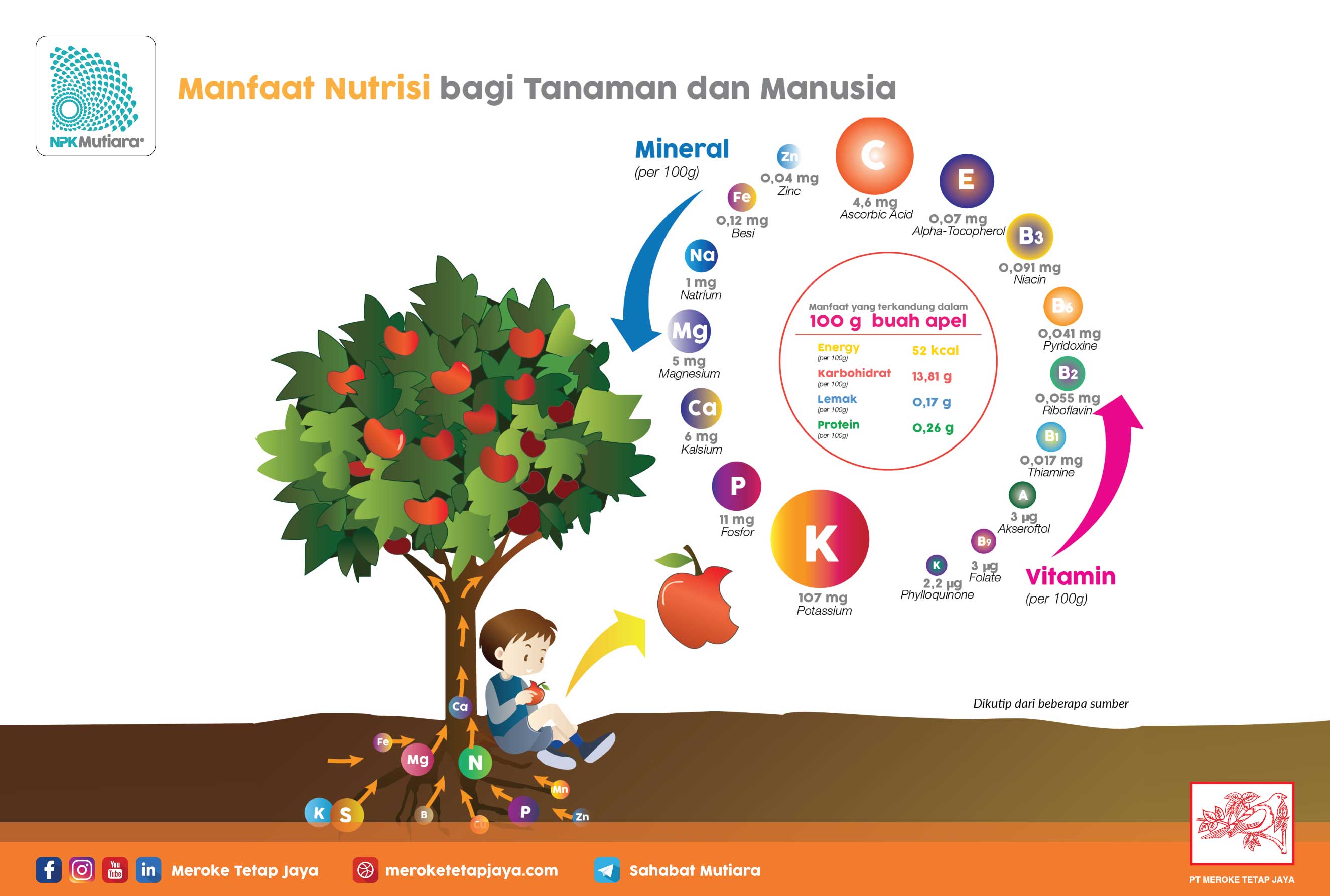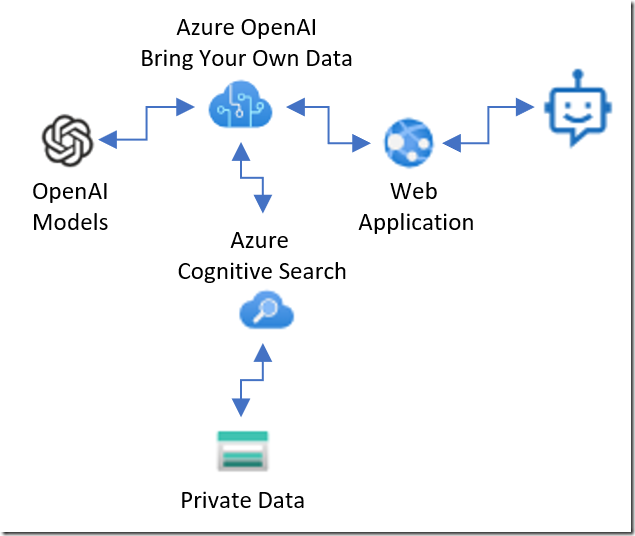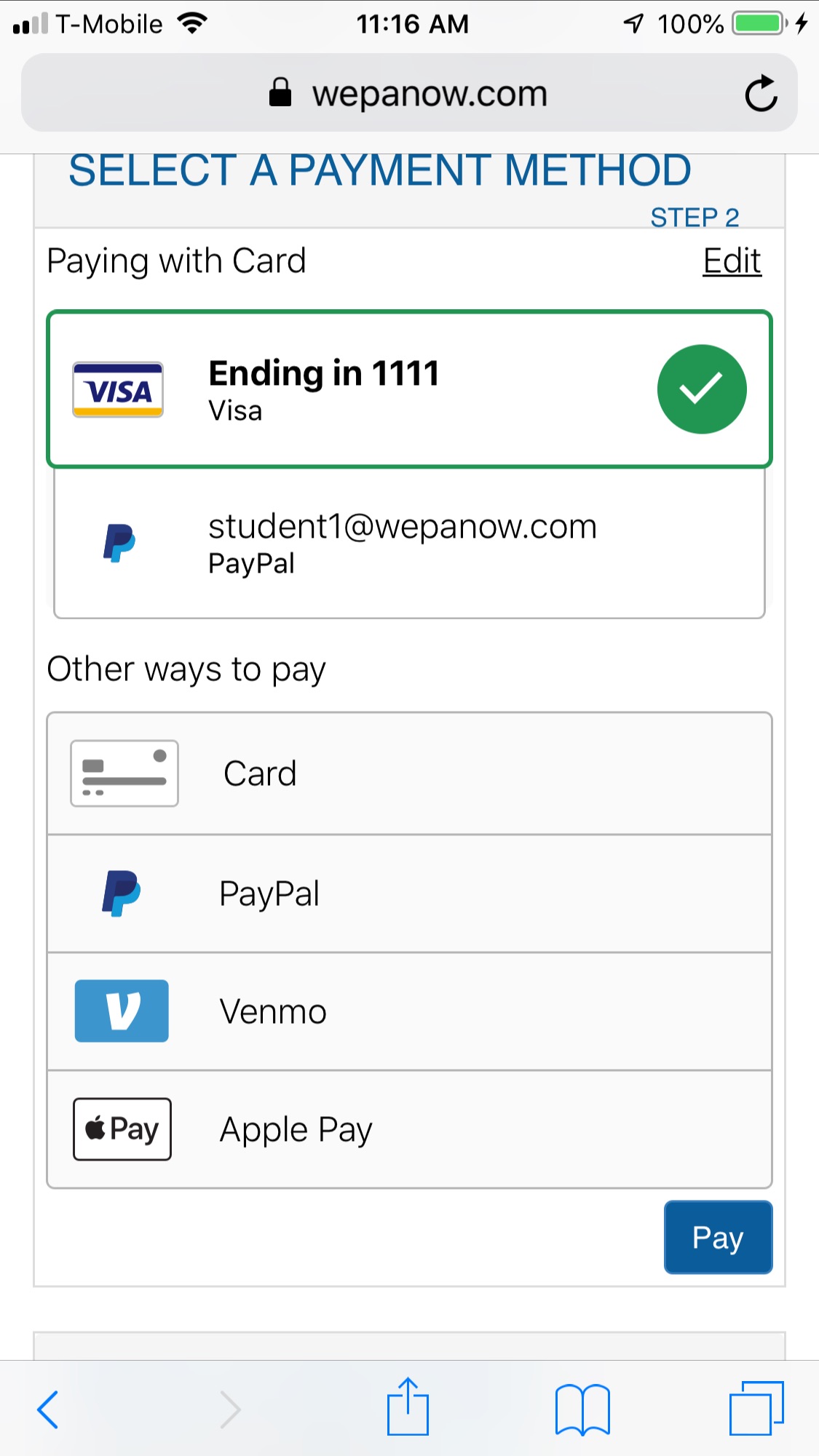How Middle Management Drives Company Performance And Employee Growth

Table of Contents
The Bridge Between Leadership and Employees: Fostering Effective Communication
Middle managers act as the crucial link between senior leadership and frontline employees. Effective communication is paramount to their success and the overall health of the organization. Without clear and consistent communication flowing both ways, initiatives stall, misunderstandings arise, and employee morale suffers.
Transparent Communication Strategies:
-
Importance of clear, consistent communication from upper management down: Senior leaders must articulate the company vision, strategy, and goals clearly to middle managers. This ensures alignment and allows middle managers to effectively communicate expectations to their teams. Inconsistent messaging from the top creates confusion and undermines trust.
-
Regular team meetings and one-on-one check-ins: Scheduled meetings provide a platform for updates, discussion, and addressing concerns. One-on-one check-ins offer a more personal touch, fostering stronger relationships and identifying individual challenges.
-
Utilizing multiple communication channels (email, instant messaging, etc.) to cater to different preferences: Recognize that not all employees respond equally well to all forms of communication. Offering diverse channels enhances inclusivity and ensures everyone receives important information.
-
Open-door policy to encourage feedback and address concerns proactively: Creating a culture of open communication empowers employees to voice their opinions and concerns without fear of retribution. This proactive approach prevents minor issues from escalating into larger problems.
-
Active listening skills training for middle managers: Equipping middle managers with active listening skills is essential. This involves not only hearing what's being said but also understanding the underlying message and emotions.
Effective Feedback Mechanisms:
-
Implementing regular performance reviews with constructive feedback: Regular, formal reviews provide opportunities for both positive reinforcement and constructive criticism. Feedback should be specific, actionable, and focused on improvement.
-
Creating a safe space for employees to provide upward feedback: Anonymous feedback mechanisms or regular employee surveys can provide valuable insights into employee perceptions and identify areas for improvement.
-
Using 360-degree feedback systems for comprehensive performance evaluation: Gathering feedback from multiple sources (peers, subordinates, supervisors) provides a holistic view of an employee's performance and areas for growth.
-
Focusing on both strengths and areas for improvement: Feedback should be balanced, highlighting strengths to build confidence while addressing weaknesses to promote development.
-
Providing actionable steps for improvement: Vague feedback is unhelpful. Middle managers should provide specific, measurable steps that employees can take to improve their performance.
Empowering Middle Management for Enhanced Performance
Empowering middle managers is crucial for driving company performance. This involves delegating effectively, providing necessary support, and fostering a culture of accountability.
Delegation and Accountability:
-
Trusting middle managers to make decisions and take ownership of projects: Micromanagement stifles initiative and creativity. Trusting middle managers to make decisions within their scope of responsibility fosters autonomy and engagement.
-
Clearly defining roles and responsibilities: Clear role definitions minimize confusion and overlap, ensuring accountability and efficient workflow.
-
Providing middle managers with the necessary resources and support: Middle managers need the tools and support they require to succeed. This may include access to technology, training, and mentorship.
-
Establishing clear accountability measures and performance metrics: Setting clear performance expectations and metrics ensures that everyone understands what is expected and how success will be measured.
-
Regularly reviewing progress and providing guidance: Regular check-ins allow for course correction and ensure projects stay on track. Guidance and support should be readily available.
Investing in Middle Management Training and Development:
-
Leadership training programs focused on communication, delegation, and conflict resolution: Investing in training equips middle managers with the skills they need to excel in their roles.
-
Mentorship programs pairing experienced managers with rising stars: Mentorship provides invaluable guidance and support, accelerating the development of future leaders.
-
Opportunities for professional development and skill enhancement (e.g., workshops, conferences): Providing opportunities for continuous learning keeps middle managers at the forefront of their field.
-
Access to coaching and performance support resources: Coaching can provide personalized support and guidance to help middle managers overcome challenges and reach their full potential.
-
Encouraging continuous learning and knowledge sharing: Fostering a culture of continuous learning benefits both individual managers and the organization as a whole.
Middle Management's Role in Employee Growth and Retention
Middle managers are instrumental in fostering employee growth and retention. Their actions directly impact employee engagement, motivation, and overall job satisfaction.
Mentoring and Coaching Employees:
-
Middle managers as key mentors and coaches, guiding employee development: Middle managers are ideally positioned to mentor and coach their team members, providing guidance and support for career progression.
-
Identifying individual employee strengths and career aspirations: Understanding individual strengths and aspirations allows for tailored development plans that support both employee and organizational goals.
-
Providing opportunities for skill development and advancement: Offering opportunities for training, cross-functional projects, and promotions demonstrates investment in employees' future.
-
Offering regular feedback and support: Regular feedback, both positive and constructive, helps employees grow and improve. Support is critical in overcoming challenges and maintaining morale.
-
Creating a positive and supportive work environment: A positive work environment fostered by middle management contributes significantly to employee satisfaction and retention.
Promoting Employee Engagement and Motivation:
-
Recognizing and rewarding employee achievements and contributions: Acknowledging and rewarding good work boosts morale and encourages continued high performance.
-
Creating a culture of appreciation and respect: A culture of respect and appreciation fosters a positive work environment and enhances employee loyalty.
-
Providing opportunities for employee involvement and feedback: Involving employees in decision-making processes and seeking their feedback demonstrates respect and empowers them to contribute meaningfully.
-
Promoting work-life balance: Supporting a healthy work-life balance reduces stress and improves employee well-being, leading to improved productivity and retention.
-
Addressing employee concerns and resolving conflicts effectively: Proactive conflict resolution and addressing employee concerns demonstrates care and prevents issues from escalating.
Conclusion
Investing in and empowering your middle management is a strategic move that directly impacts both company performance and employee growth. By fostering effective communication, providing training and development opportunities, and empowering middle managers to mentor and coach their teams, companies can unlock significant potential. Strong middle management is not just a cog in the machine; it's the engine that drives success. Don't underestimate the power of strong middle management to achieve your company goals. Start strengthening your middle management today and see the positive impact on your company's performance and employee growth. Effective middle management is key to sustainable organizational success.

Featured Posts
-
 Bukan Sekadar Sampah Cangkang Telur Sumber Nutrisi Untuk Tanaman And Hewan
May 04, 2025
Bukan Sekadar Sampah Cangkang Telur Sumber Nutrisi Untuk Tanaman And Hewan
May 04, 2025 -
 Solar Power And Lower Bills Dutch Utilities Innovative Tariff Trial
May 04, 2025
Solar Power And Lower Bills Dutch Utilities Innovative Tariff Trial
May 04, 2025 -
 Analyzing Marvels Thunderbolts Success Or Failure
May 04, 2025
Analyzing Marvels Thunderbolts Success Or Failure
May 04, 2025 -
 The Thunderbolts Marvels Gamble On Anti Heroes
May 04, 2025
The Thunderbolts Marvels Gamble On Anti Heroes
May 04, 2025 -
 In Praise Of A Special Little Bag A Celebration Of Everyday Carry
May 04, 2025
In Praise Of A Special Little Bag A Celebration Of Everyday Carry
May 04, 2025
Latest Posts
-
 Spotify Updates I Phone App With Customizable Payment Options
May 04, 2025
Spotify Updates I Phone App With Customizable Payment Options
May 04, 2025 -
 Building Voice Assistants Open Ais 2024 Breakthrough
May 04, 2025
Building Voice Assistants Open Ais 2024 Breakthrough
May 04, 2025 -
 Spotify I Phone App Flexible Payment Options Now Available
May 04, 2025
Spotify I Phone App Flexible Payment Options Now Available
May 04, 2025 -
 Ai And The Poop Podcast Analyzing And Transforming Repetitive Scatological Information
May 04, 2025
Ai And The Poop Podcast Analyzing And Transforming Repetitive Scatological Information
May 04, 2025 -
 Analyzing Marvels Thunderbolts Success Or Failure
May 04, 2025
Analyzing Marvels Thunderbolts Success Or Failure
May 04, 2025
